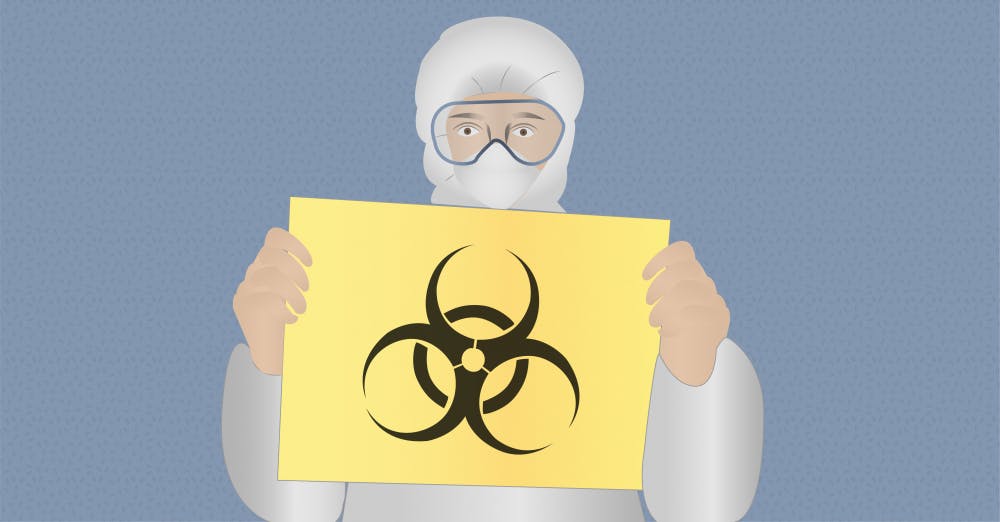From 2014 to early 2016, more than 11 thousand people were struck with disease. Fever and fatigue were followed by impaired organ function, internal and external bleeding, and for some, death. The disease affected countless families as it spread to multiple countries. It was the largest outbreak of Ebola the world had ever seen.
Thousands of miles, an ocean, and half a country away, Ranna Jo Quimby watched it all unfold on her phone and TV in her Argos, Indiana, home. Suddenly the illness seemed to be there in her home, city, and state affecting the people she loved. It was so real to her that she decided to act.
What resulted was the creation of her Facebook group, Moms Talk Ebola. Ranna, who was concerned for her friends and family, wanted to create a space where accurate information about Ebola could be shared.
She was just one of millions of Americans who reacted with concern to the 2014 Ebola outbreak that, according to the World Health Organization (WHO), resulted in 11,308 total deaths between Sierra Leone, Liberia, and Guinea. According to a Washington Post and ABC news poll in 2014, 43 percent of Americans feared they or someone in their immediate family might catch the Ebola virus. Sixty-five percent were concerned about the possibility of a widespread Ebola epidemic in the United States.
In reality, the WHO reported four cases of Ebola in the U.S. between 2014 and 2016, with only one death. Despite this, millions of Americans feared for their lives.
To continue reading, visit ballbearingsmag.com.





